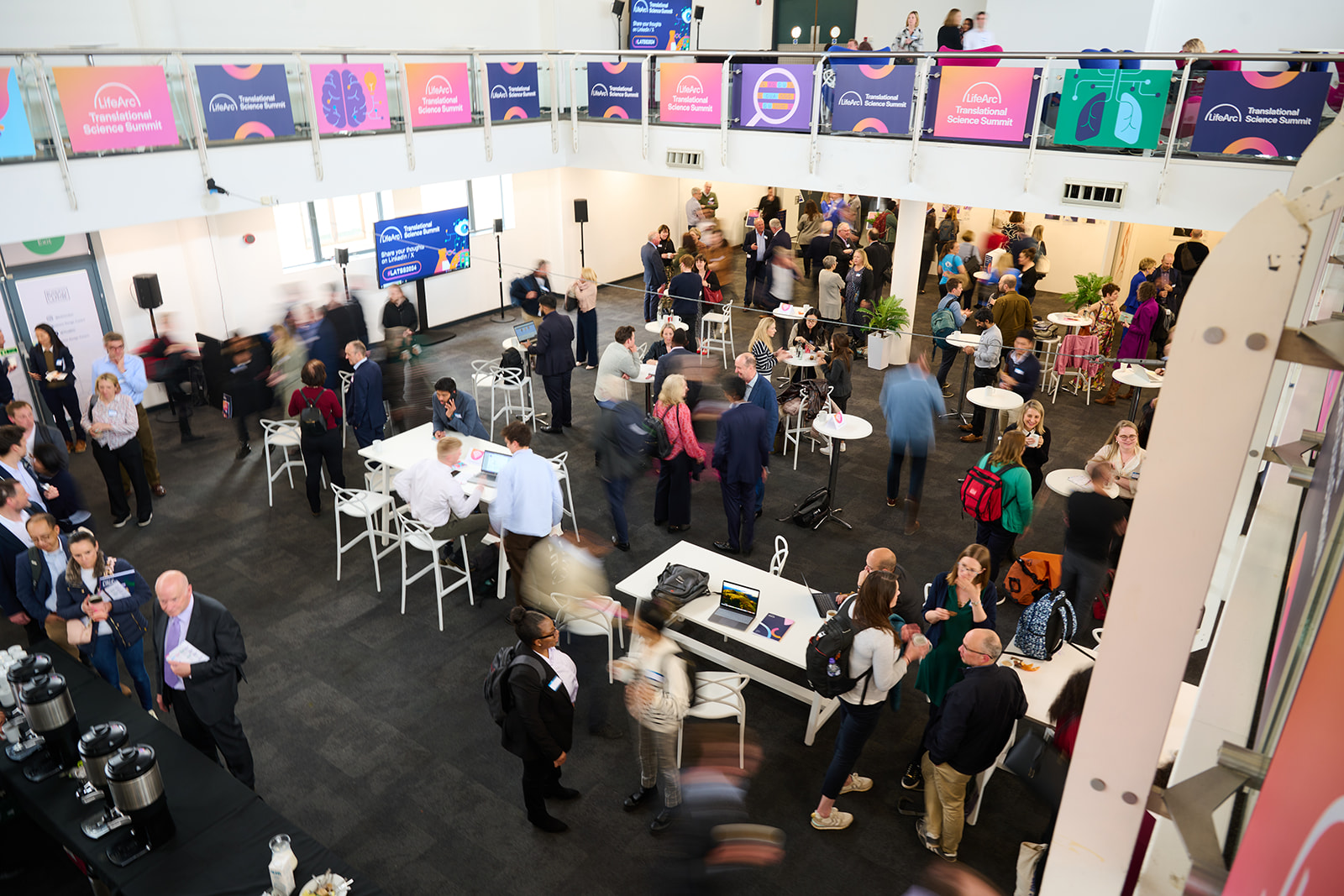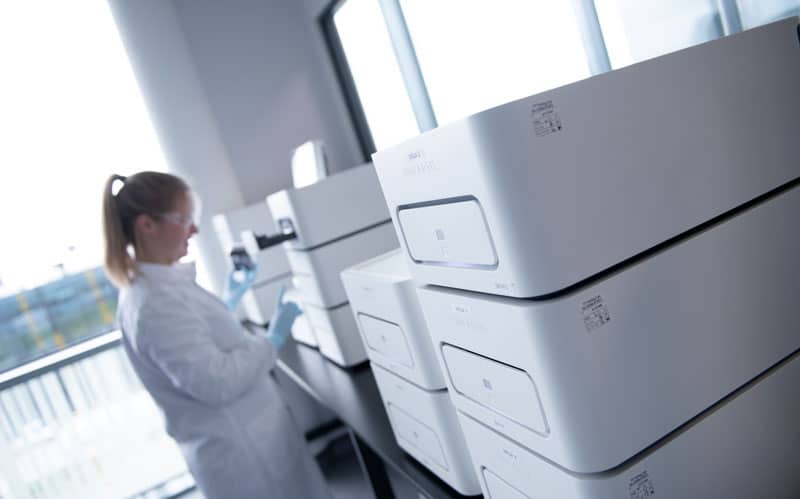LifeArc, the UK medical research charity previously known as MRC Technology, today announced ambitious plans to improve the lives of patients suffering from diseases that present the greatest challenges to medical research. By investing up to £500 million over the next five years, LifeArc will seek to generate, fund and champion innovations in antimicrobials, neuroscience, personalised oncology and respiratory medicine.
The charity will build on its successful model of collaboration by setting up ‘Communities for Impact’. These networks will bring together the best partners to drive medical innovation in specific therapeutic and diagnostic areas. LifeArc’s work has already helped to develop treatments for patients suffering from cancer, rheumatoid arthritis, multiple sclerosis and Crohn’s disease, as well as an improved test for antibiotic resistance.
“Today is an important landmark in our history. LifeArc is a new name for an organisation that already has an impressive track record of pioneering new ways to turn the best science into patient treatments. The name LifeArc better reflects what we achieve in being the arc or bridge between great science and its application to help patients,” said Dr Dave Tapolczay, Chief Executive Officer, LifeArc.
LifeArc has also established two new funds for the progression of medical science and these are worth a combined £30 million over four years. The Philanthropic Fund will provide grants to support academic research funded by other medical research charities and organisations, while the Seed Fund will invest in early stage therapeutics and biological research.
“The funds build on our history of identifying and supporting early stage scientific discoveries and will form part of the overall life science funding ecosystem to ensure a continuous pipeline of new treatments and diagnostics become available to patients,” Dr John Stageman, Chairman of LifeArc, added.
To accommodate the increase in new projects it progresses through its labs, LifeArc recently moved into state-of-the-art facilities in Stevenage and Edinburgh. The Stevenage site hosts around 80 scientists working on antibody and small molecule research, while £10 million is being invested to create a centre of excellence for diagnostic development in Edinburgh.



